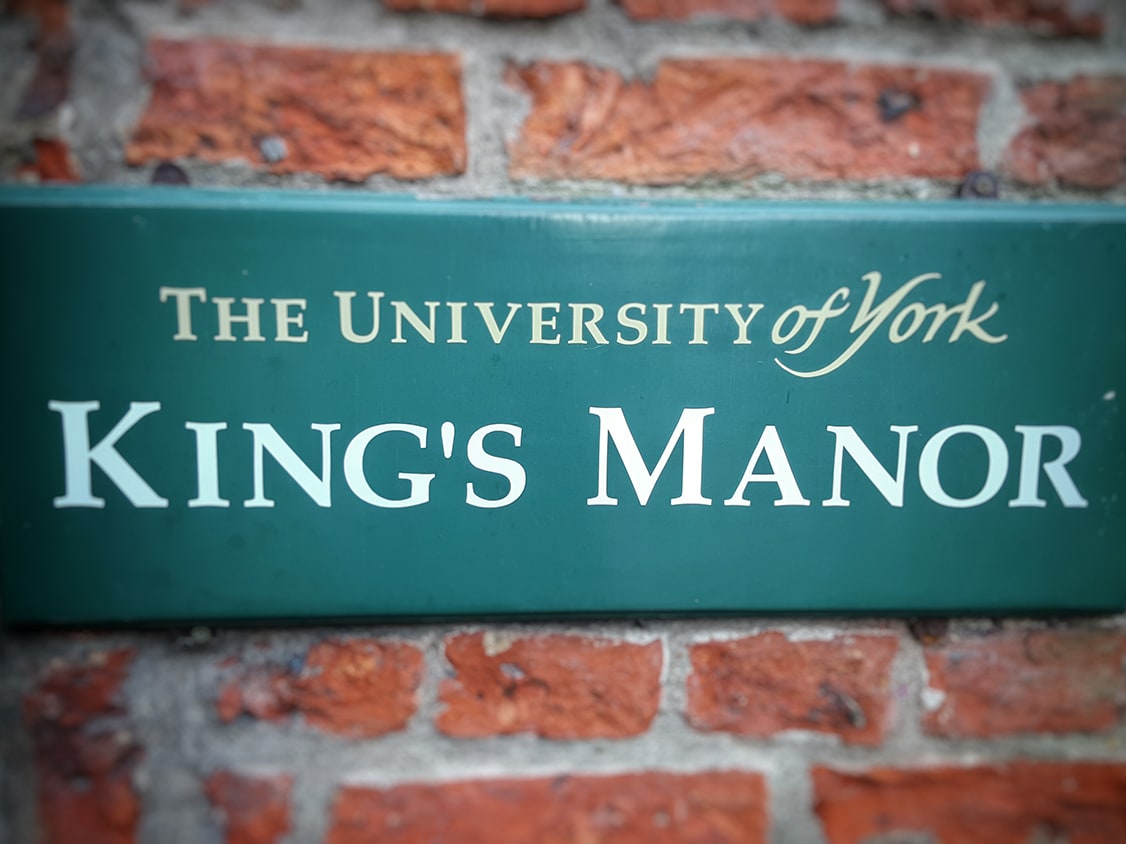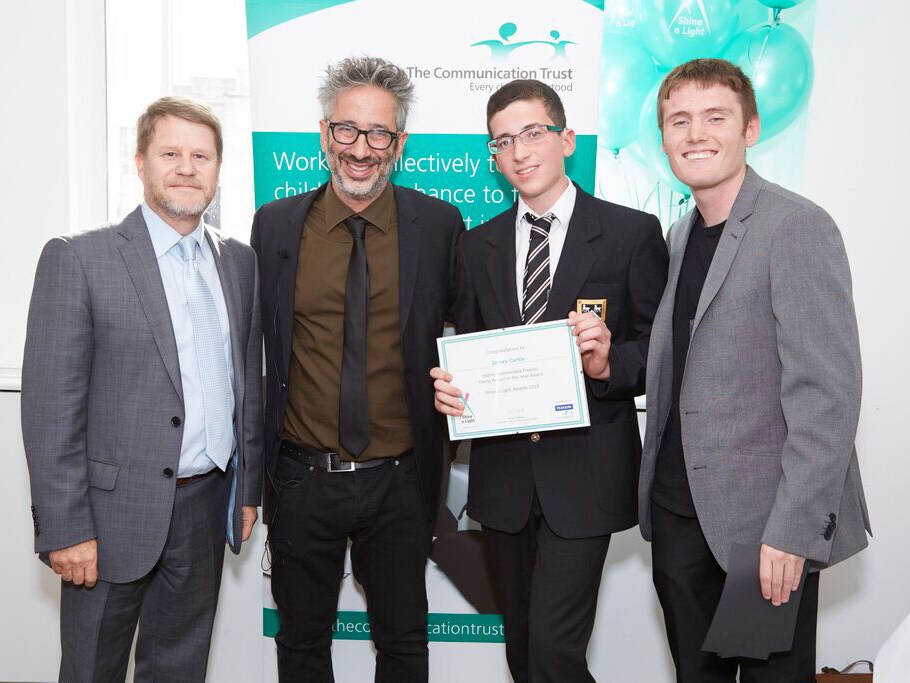
Who's talking about digital technology in psychology? A look at our first conference in York.
When set the challenge of creating a Digital Technology in Psychology conference, my first response was excitement.
It’s such a wide subject there’s bound to be lots to talk about – let’s get everyone involved…this however was closely followed by the thought, What if no one turns up? and Is technology as central as we like to think it is…?
Lucky for me, people did submit papers on a range of topics and sign up to attend. So last week we held our first Digital Technology in Psychology conference at York University. We were delighted to welcome our keynote speaker, Dr Tom Manly co-author of the TEA and the new TEA-CH-2. Dr Manly’s talk looked at ‘What is attention?’ and explored the evolution of technology in delivering assessments. A first look at the exciting new TEA-Ch2 was also provided and we can certainly say the new space dog and alien were warmly received.
This was followed by Sarah Kate Smith who led a fascinating discussion around Dementia and Assistive Technology; showing examples of how technological interventions can be used to promote conversations, social interaction and leisure activities. Introducing CIRCA, Sarah’s talk highlighted the importance of including feedback from individuals with dementia into the design and functionality plans of technology.
Did you know that about 8% of people will experience problems with #PTSD that persist beyond 3 months? This was one of many areas highlighted during Sara Simblett’s talk, 'A systematic review of web-based technology to assist emotional adjustment and self-management of symptoms related to post-traumatic stress.' Here Sara looked at the different approaches that have been taken to studying the effectiveness of Interapy as a Treatment of Post-traumatic Stress via the Internet.
After the break, Astrid Coxon generated lots of conversation and app sharing ideas with her talk on, 'The effectiveness of internet-based interventions for managing stress and anxiety in students in higher education: a systematic review'. Looking at some of the studies around web-based interventions and where the gaps currently exist. A conversation that then continued on twitter.
'This Much!, This Feeling & Backdrop: The development of touch device procedures for the qualitative and quantitative assessment of children's positive and negative experiences', was an enlightening talk from David Glasgow. Exploring a number of different apps, the accompanying video’s showed a young boys interactions, and revealed how important additional information could be obtained to help shape understanding and care plans.
Lola Oyelayo and Nick Reynolds, then joined us from Head London to run an exciting workshop on exploiting digital for dementia and depression. A session which pulled together many of the threads of conversation from the day. Beginning with a presentation the team highlighted some of the many issues that are affecting the development of technology in the psychology field including:
- How will an increasingly digital literate population will affect how we provide support for individuals with #dementia in the future
- How do we solve the problem of efficacy for #mentalhealth apps?
I look forward the sharing the outcomes of these workshops in a later blog.
As a first event, we were delighted to see the group so engaged in the topic, we’ll be sharing podcasts from many of the talks over the coming weeks, and so if you were unable to attend, you can sit back with cup of tea and catch up!
I’m also pleased to see that the conversations are already continuing. Sarah Kate Smith will now be joining an exciting line up of presenters for Online Working Memory Week where Sarah will be presenting on ‘Exploiting touch screen tech to promote communication, social interaction & leisure activities with people living with dementia.’
Thank you to all our presenters and delegates who helped to make this first event a success. Watch this space for plans for 2016.
#WMLearn | #DigitalPsych15


